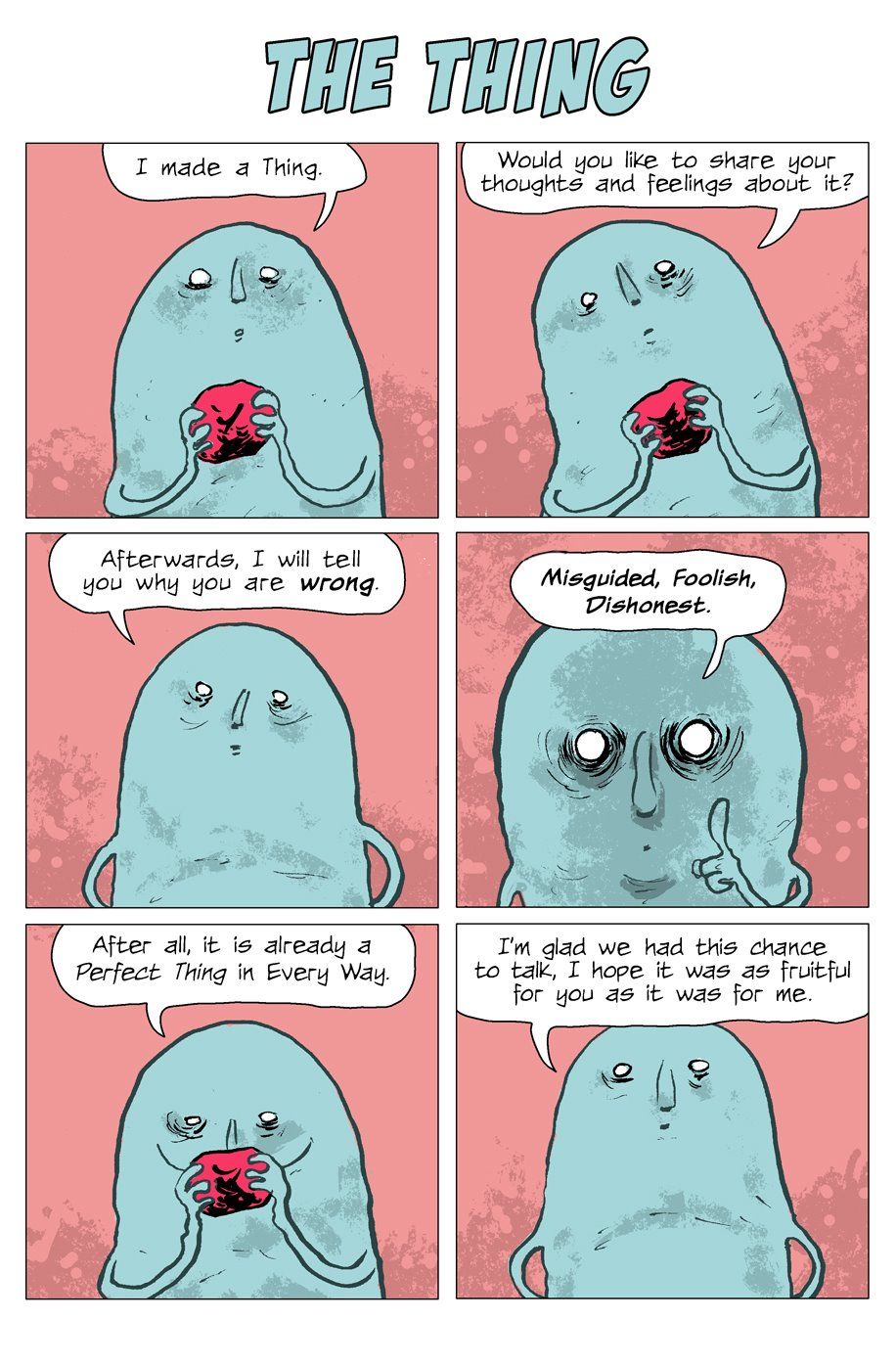Hello from Hong Kong! I’m doing “office hours” at Desk One in Causeway Bay today from 11:30am–6pm if you’d like to drop by to chat, ask questions about New Naratif, or just work in silence together.
It’s been so busy that I’ve forgotten to even mention that this newsletter has crossed the 52-issue mark, which means I’ve been doing #wethecitizens for over a year!

So… how have you found it? What would you like to see more of? What would you like to see less of? Hit reply and let me know!
If you’ve been forwarded this newsletter, click here to subscribe and get updates sent to your inbox every Saturday morning. If you have any feedback, just hit reply!
Protection from Online Falsehoods and Manipulation Act
Late on Wednesday night Singapore’s Parliament passed POFMA with 72 for (sarcastic “thank you” to PAP MPs), 9 against (non-sarcastic “thank you” to WP MPs, with special shout-out to Low Thia Khiang’s no-holds-barred speech) and 3 abstentions (resigned “you tried” to NMPs). If you’d like to watch Law Minister K Shanmugam defend the bill in Parliament, MediaCorp has this video for you.
There’s no need for me to go over POFMA again—you have all the previous issues of this newsletter for that—so I’m going to focus on the “well, what was the point of it all” sentiment that some have expressed online.
We all knew, from the very beginning, that POFMA was going to pass. The PAP has a supermajority in Parliament, strong influence over the mainstream media, and a habit of dismissing criticism—those of us who spoke up against the bill were under no illusions about our chances of success. But we decided to put in the work and make noise anyway.
Why? Because it’s important that these things are done regardless of whether we win in the end or not. Because silence so often gets interpreted as consent. Because very often process is just as important as outcome (even though we often forget this in goals-oriented, KPI-obsessed Singapore). Because political education, awareness, and the normalising of political discussion and contesting ideas are things that we can gain regardless of the final outcome. We might not have stopped POFMA from passing, but the criticism and discussion did force the PAP government to work harder to justify and explain themselves—they had to launch a PR campaign to sell the bill, and the debate in Parliament was far longer and more contested than most other bills. Although it’s not as good as amending or withdrawing and reworking the primary legislation, the PAP government did have to make various assurances in Parliament and promise certain things in subsidiary legislation. And while I personally don’t think that’s good enough to address all our concerns, there’s now at least this expectation that the PAP live up to what they’ve committed to in Parliament.
So I really do believe that there’s value in doing these things even if we don’t “win”—there are other things that we can win along the way, and these things can add up for the future. Changing mindsets and challenging an entrenched political culture isn’t going to bear fruit from just one or two campaigns or social media uproars.
Okay, now let’s appreciate a comic by Sonny Liew.

Good, right? Okay back to the news.
Heng Swee Keat, the Chosen One, has given his first major interview as Deputy Prime Minister. It’s an opportunity for us to learn more about the guy who’s in place to become Singapore’s next Prime Minister, which is great, because we didn’t know very much about his politics before. But then I read the articles, and… it’s the same ol’ same ol’.
Heng talked about the need to nurture leaders in “all parts of society and enable them to do what they feel passionate about”. He pointed to Goh Chok Tong’s “more open, consultative” (compared to Lee Kuan Yew’s “my way or the highway”) approach and promised to continue doing so, like Lee Hsien Loong has done.
Then he addressed the desire, especially among young Singaporeans, for more opposition in Parliament. I’m just going to quote from this CNA article:
Young Singaporeans who are exposed to articles and magazines in the West think that there ought to be a certain brand of democracy and that democracy should have two political parties, and one party that has been in power for many years is “not a good thing”, he said.
However, he suggested that they look at the evidence and what is happening in the world today.
Mr Heng juxtaposed how as Singapore commemorates its Bicentennial in 2019, the United Kingdom itself is currently locked in “contentious debate” over the issue of Britain’s exit from the European Union.
For Singapore, Mr Heng said the question should be how to include the views of as many people as possible in the governance process. It is “not a given” that having an opposition party, or having multiple parties, will “result in the best outcome for our society”, he said.

I could rant about this for a long time, but I think I’ll just keep it simple. Look at the two previous sections ☝️☝️☝️ in this issue, then read Heng’s comments again, and tell me if you think a one-party state is working out for us right now.
Got some more…
Fans attending Troye Sivan’s concert in Singapore were told not to wave Pride flags—security even confiscated Pride paraphernalia. 😒😒😒 There’s growing support for same-sex relationships and gay marriage in Singapore, especially among the young, but the government says the “prevailing social norm” is still a heterosexual family unit. A gay man who used to be a Christian attended a Truelove.is event, and reflects on their attitude towards and engagement with the LGBT community.
The PAP government is doing a good thing with their move to decriminalise attempted suicide. But someone please educate Christopher de Souza; he doesn’t seem to have a clue what sort of support people who have attempted suicide need.
About the neighbours…
Although inspired by the artist’s experience with the discussion around the Women’s March in KL two months ago, this can actually apply to multiple contexts. At its heart is a reminder to take care of ourselves, and of those around us—recognise that we’re human and that it’s okay to take a break. A gentle, yet important, message to all.

